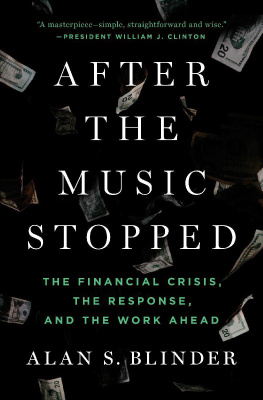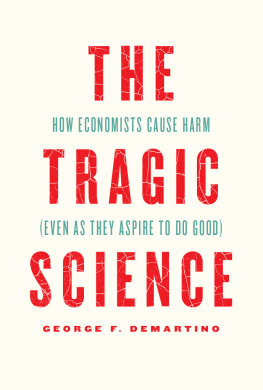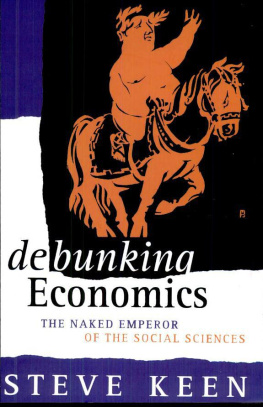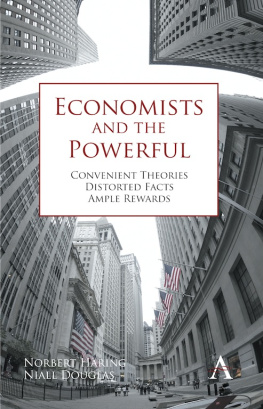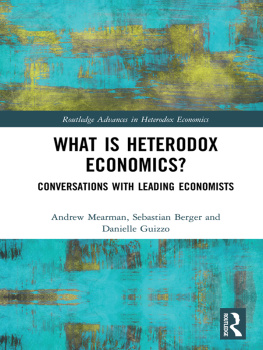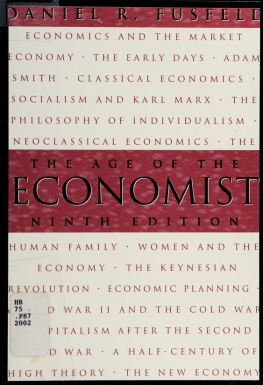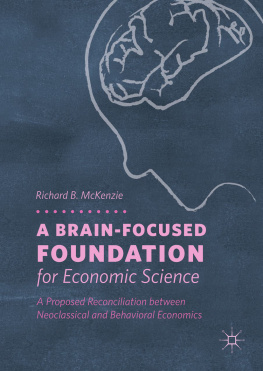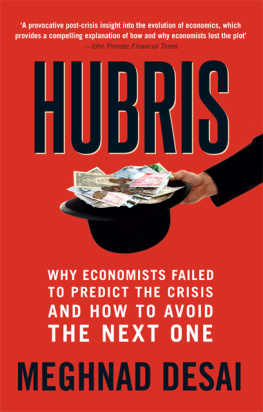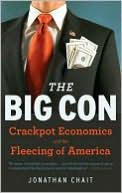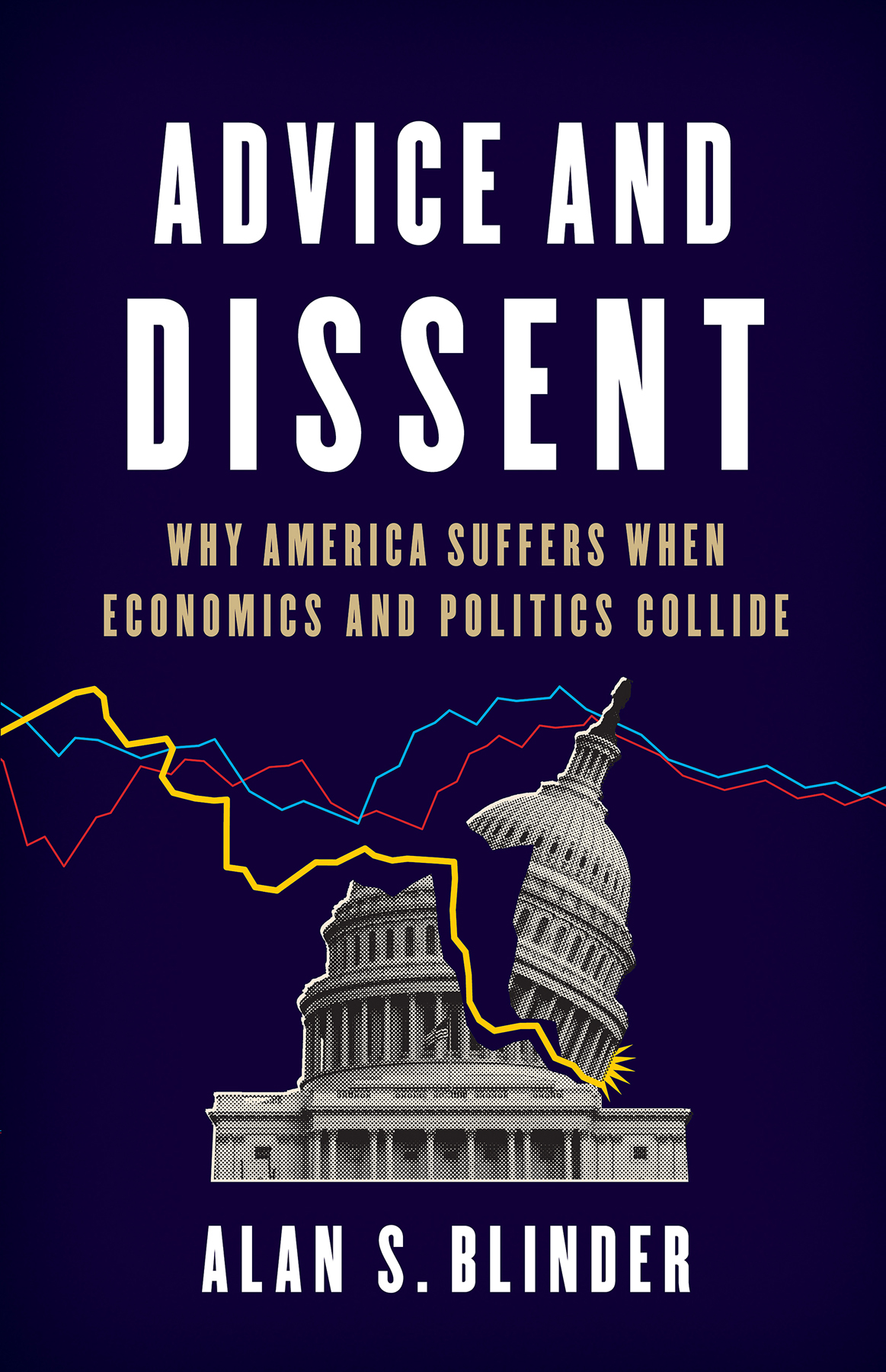Alan S. Blinder - Advice and Dissent: Why America Suffers When Economics and Politics Collide
Here you can read online Alan S. Blinder - Advice and Dissent: Why America Suffers When Economics and Politics Collide full text of the book (entire story) in english for free. Download pdf and epub, get meaning, cover and reviews about this ebook. year: 2018, publisher: Basic Books, genre: Science / Politics. Description of the work, (preface) as well as reviews are available. Best literature library LitArk.com created for fans of good reading and offers a wide selection of genres:
Romance novel
Science fiction
Adventure
Detective
Science
History
Home and family
Prose
Art
Politics
Computer
Non-fiction
Religion
Business
Children
Humor
Choose a favorite category and find really read worthwhile books. Enjoy immersion in the world of imagination, feel the emotions of the characters or learn something new for yourself, make an fascinating discovery.

- Book:Advice and Dissent: Why America Suffers When Economics and Politics Collide
- Author:
- Publisher:Basic Books
- Genre:
- Year:2018
- Rating:5 / 5
- Favourites:Add to favourites
- Your mark:
Advice and Dissent: Why America Suffers When Economics and Politics Collide: summary, description and annotation
We offer to read an annotation, description, summary or preface (depends on what the author of the book "Advice and Dissent: Why America Suffers When Economics and Politics Collide" wrote himself). If you haven't found the necessary information about the book — write in the comments, we will try to find it.
American economic policy ranks as something between bad and disgraceful. As leading economist Alan S. Blinder argues, a crucial cultural divide separates economic and political civilizations. Economists and politicians often talk--and act--at cross purposes: politicians typically seek economists advice only to support preconceived notions, not to learn what economists actually know or believe. Politicians naturally worry about keeping constituents happy and winning elections. Some are devoted to an ideology. Economists sometimes overlook the real human costs of what may seem to be the obviously best policy--to a calculating machine. InAdvice and Dissent, Blinder shows how both sides can shrink the yawning gap between good politics and good economics and encourage the hardheaded but softhearted policies our country so desperately needs.
Alan S. Blinder: author's other books
Who wrote Advice and Dissent: Why America Suffers When Economics and Politics Collide? Find out the surname, the name of the author of the book and a list of all author's works by series.

